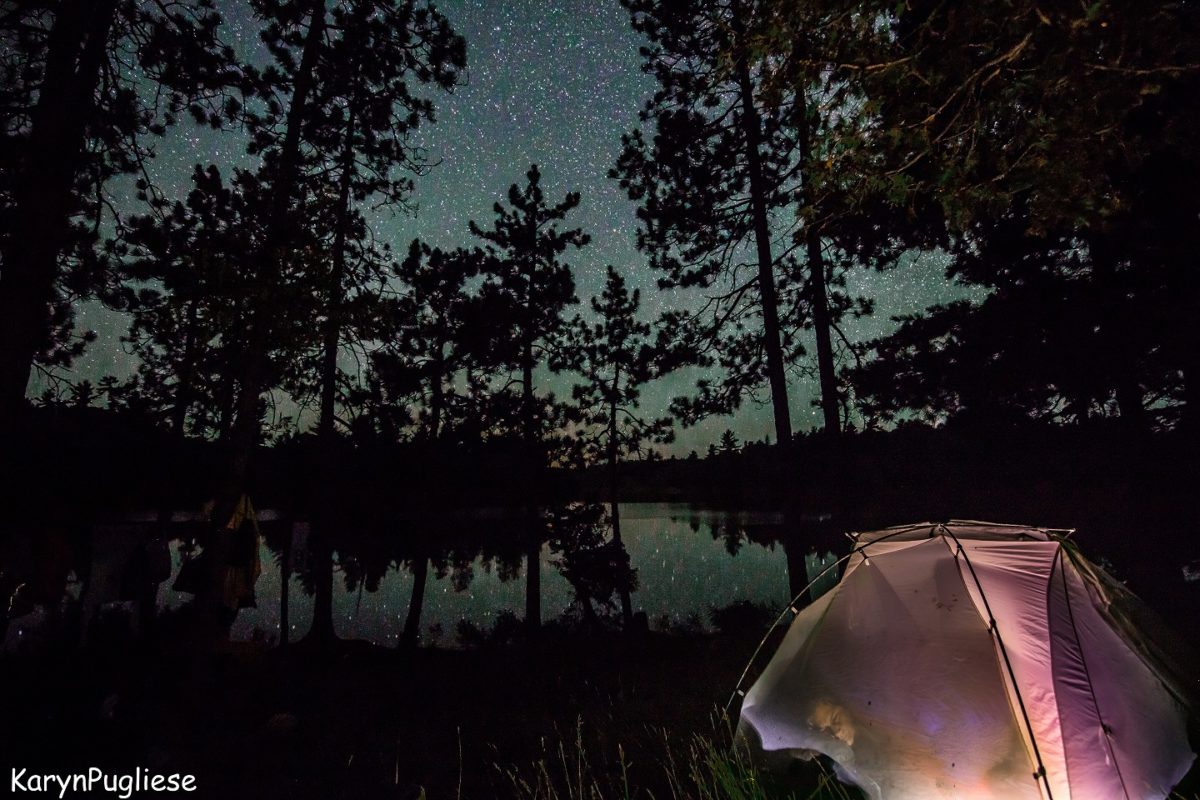This should have been easy. Every year I take a 2 week back-country trip – canoeing, tenting, hiking. It’s rough and physical and basic. We don’t bring phones – we would not get a signal anyway. We don’t even bring watches. I love being off the grid and losing my sense of time. But being without my phone for 24 hours wasn’t easy. There was discomfort, but also relief.
This experiment was different from my other times off the grid. Those back country trips were curated and planned. I chose days I knew would not be busy. My boss, my staff, my significant others were all informed. I delegated my responsibilities. I set up outbox messages to inform anyone who tried to reach me how long I’d be gone and who to contact while I was away. I didn’t really want to go through that whole process for 24 hours. So I didn’t.
The last 2 weeks have been unusual. Events made me more dependent on my phone. At one point, I honestly thought this blog would be about why I failed this assignment.
Here’s what happened in a nutshell. Canada wants to build a pipeline which will cut through unceded land controlled by Wet’suwet’en hereditary chiefs. They and a small group of families are blocking construction. Police have moved in to arresting them. Police also told journalists who tried to report on these events to leave or face arrest themselves. It’s been going on since February 6. The threat of arresting journalists impacts me because I am President of the Canadian Journalist Association.
For 2 weeks my phone has been a lifeline, a critical communication tool, and a constant source of stress. My algorithms are different since I moved to the US. Add to that that there is virtually no reporting on Canada in the US, and apple news, texts, phone calls and checking with journalists on social media became a 24 hour habit. I needed that phone. Fortunately it calmed down.
I was I happy to turn it off for 24 hours.
Of course this is not normal. If it had been a normal day the issues caused by not having my phone would be minor: I’d need to use a real alarm clock, I’d get news more slowly and less frequently, I would not having a podcast to entertain me listen on the walk in to school (not a big deal). I would not have or music to motivate me during a run. (Big deal). I would not be able to quickly google a fact (annoying). All my scheduled meetings, classes and assignments are in my iPhone calendar. Without it I have to check 5 different calendars. I like to fall asleep to a podcast. I use Uber eats and Lyft much too often.
Monday was not normal for two reasons. First, my phone time had hyper-increased for the reasons mentioned. Although I felt the situation was cooling, and and warned my colleagues that I’d be off the grid, I was anxious. Before I turned my phone off, someone sent a tweet that concerned me. A friend pointed out, whatever results from that tweet will happen, whether I am watching it in real time or not.
Monday was also not routine because it was a holiday. I joined friends for a hike. I brought my DSLR camera, but I missed being able to instantly sharing photos and see my friends reactions. Not having GPS was hell. We got lost a few times which would not have happened with my phone. I was less rude. I wasn’t using a lull in a conversation to check social media. I was not texting while friends spoke to me.
I was more relaxed, and happy. But let’s face it. That happiness is temporary. My real world involves my phone, and texts and Twitter. Being off it and doing what I do can be temporary reprieve but it is not a realistic life style choice. Nor do I want it to be.
My conclusion. I love my phone. Overall it makes my life better. However, the attachment to social media amplifies everything. I love its timeliness; I hate its intensity.
Now, I am back from my hike with no food in the house. How do I do Uber eats on a computer? Dammit.
